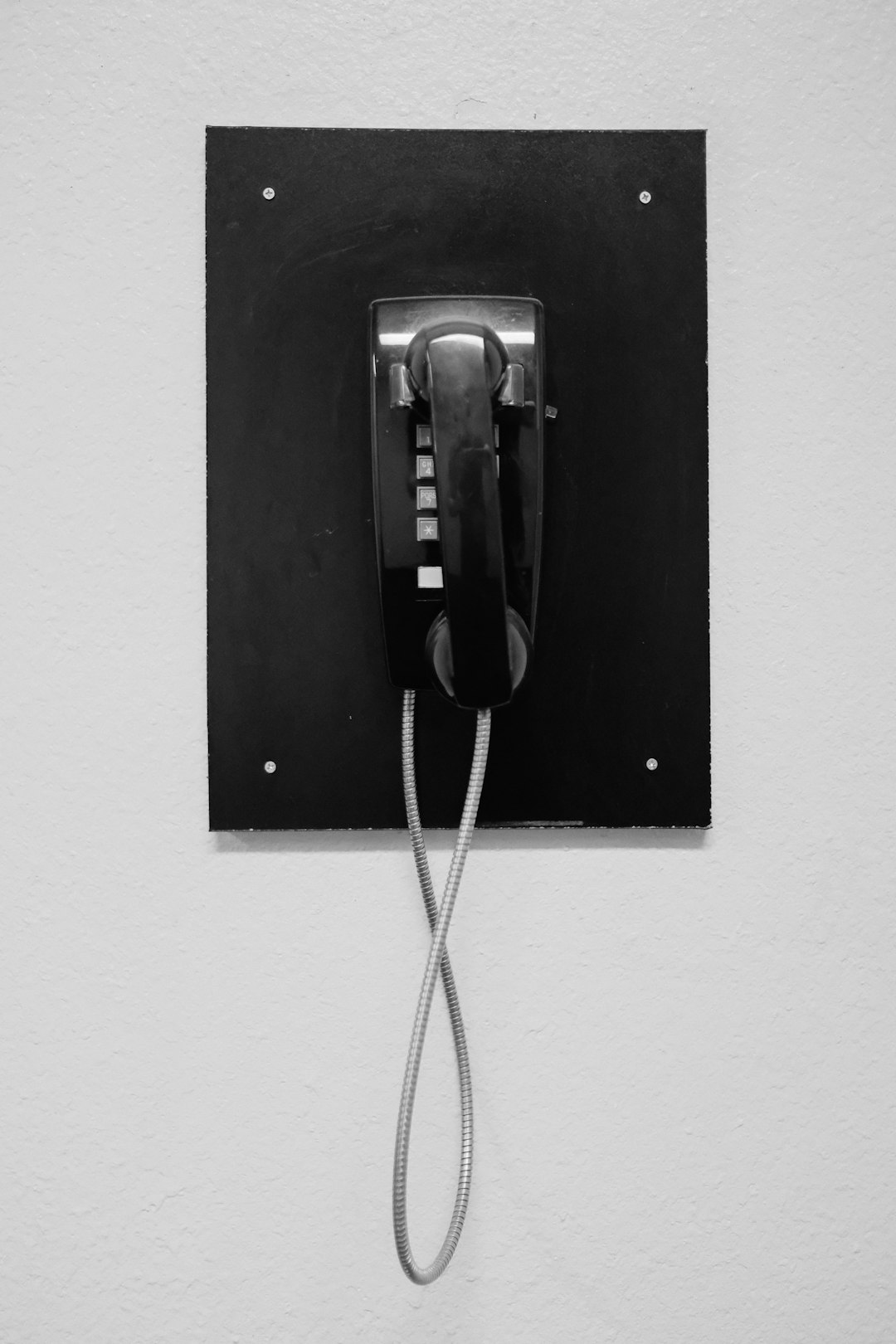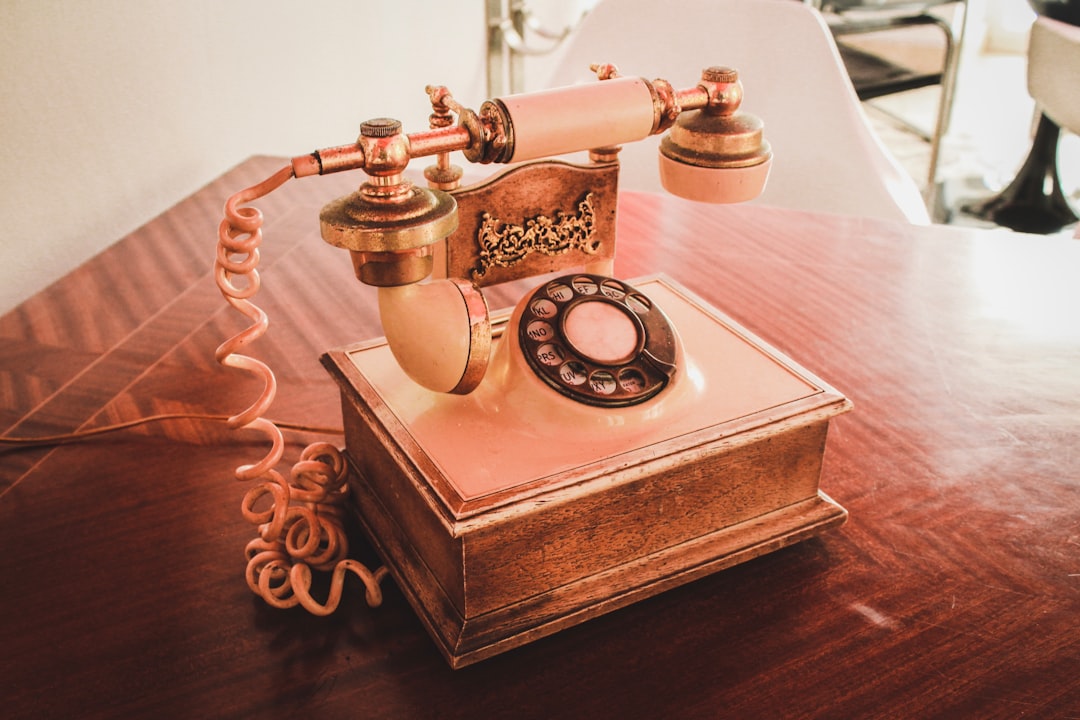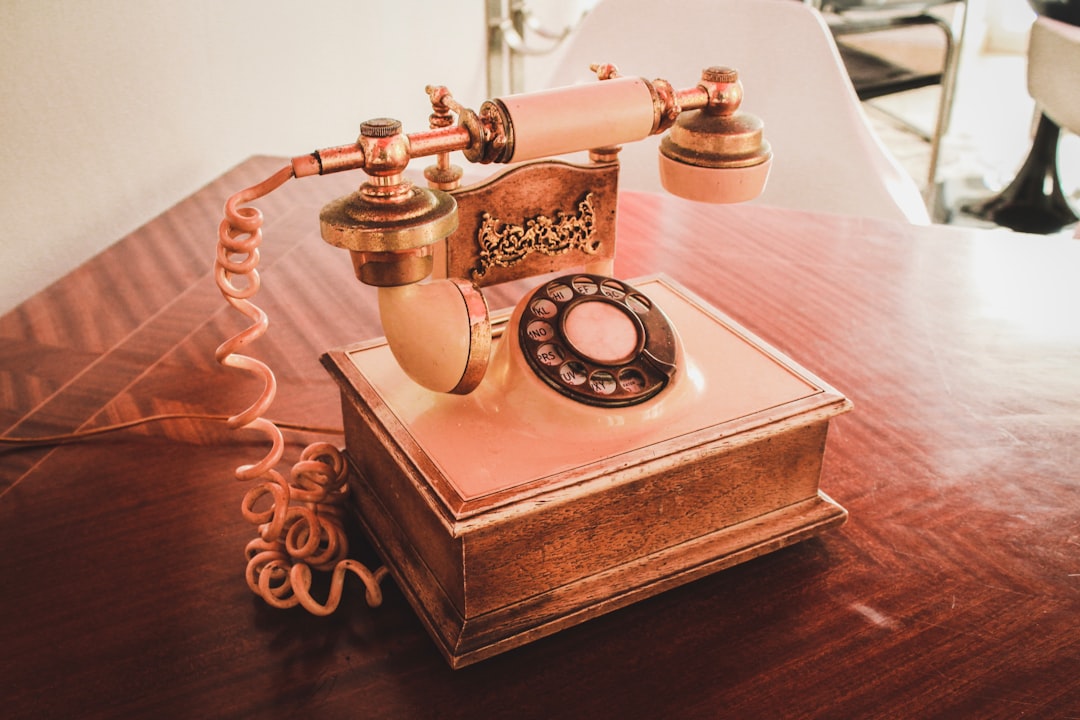In Illinois, strict Do Not Call laws, regulated by the Attorney General and guided by the TCPA, protect residents from most unsolicited phone solicitations. Survey calls are exempt but must meet specific criteria, including prior consent and respect for privacy. Peoria's local regulations complement state-wide Do Not Call laws, offering additional safeguards. Consulting a lawyer for Do Not Call Laws Illinois is crucial to understand rights, comply with rules, stop unwanted calls, and hold offenders accountable. Marking oneself on the "Do Not Call" registry enhances legal protection.
In the bustling city of Peoria, understanding the nuances of Do Not Call laws is crucial for businesses and residents alike. This comprehensive guide delves into the legal framework surrounding unwanted survey calls, a common yet contentious issue. We explore what constitutes a survey call, examine allowances and restrictions, and navigate local regulations in Peoria—often different from state guidelines. Additionally, we provide insights on when to consult a lawyer specializing in Illinois Do Not Call Laws for effective resolution.
Understanding Do Not Call Laws in Illinois: A Comprehensive Overview
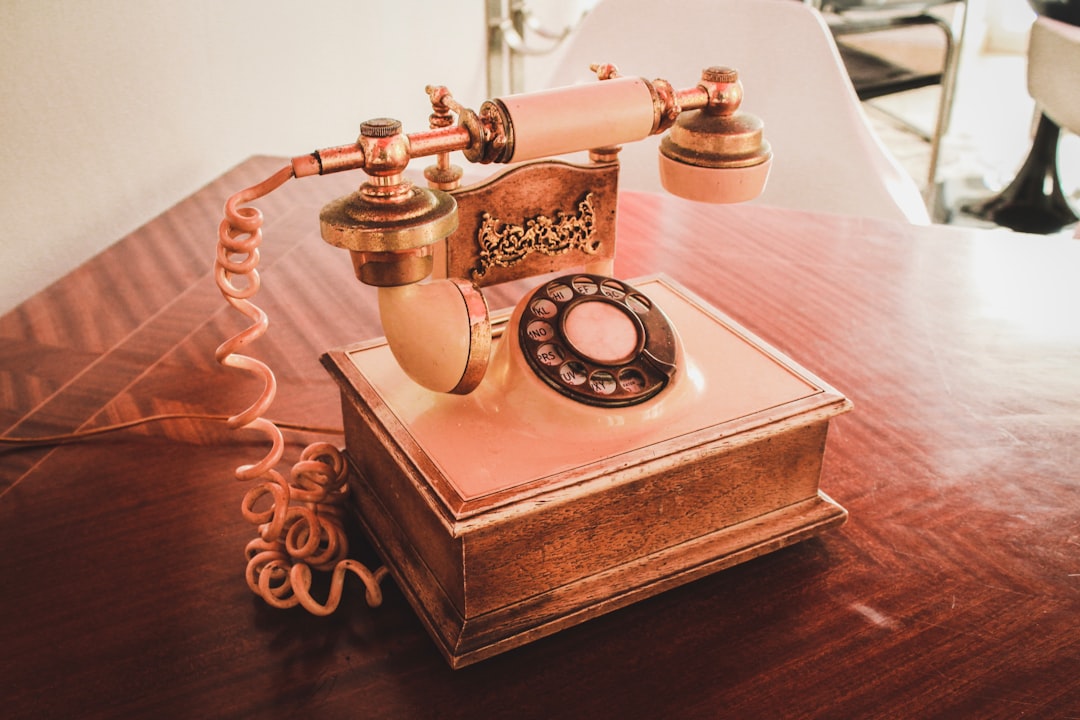
In Illinois, the Do Not Call laws are designed to protect residents from unsolicited telephone solicitations. These laws, regulated by the Illinois Attorney General’s Office, can be complex and often leave consumers wondering about their rights. When it comes to survey calls, understanding these regulations is essential.
Illinois law permits certain types of calls, including those from organizations conducting surveys or market research. However, there are strict rules regarding consent and frequency. A consumer must give explicit permission for such calls, and they should expect a clear indication that their participation is voluntary. If you’ve registered on the state’s Do Not Call list, survey calls are generally not allowed, unless the caller has your prior written consent or fits into specific exceptions outlined by the law. Seeking guidance from a lawyer specializing in Illinois Do Not Call laws can help residents navigate these regulations and understand their rights when it comes to unwanted telephone solicitations.
The Legal Framework: What Constitutes a Survey Call?

In Peoria, as across Illinois, the framework surrounding Do Not Call laws is defined by state and federal regulations. The Telephone Consumer Protection Act (TCPA) serves as a foundational piece of legislation, restricting unsolicited phone calls to consumers who have registered on the National Do Not Call Registry. However, not all calls are created equal; one key exception pertains to survey calls.
To qualify as a legitimate survey call, the communication must meet specific criteria. It should be made for purposes of gathering information or feedback and not for the primary purpose of selling or promoting any product or service. Moreover, the caller must obtain prior express consent from the recipient, ensuring transparency and respect for individual privacy. A lawyer specializing in Do Not Call Laws in Illinois can provide guidance on what constitutes a survey call, helping businesses navigate these legal intricacies while adhering to consumer protections.
Are Survey Calls Allowed? Examining Exemptions and Restrictions
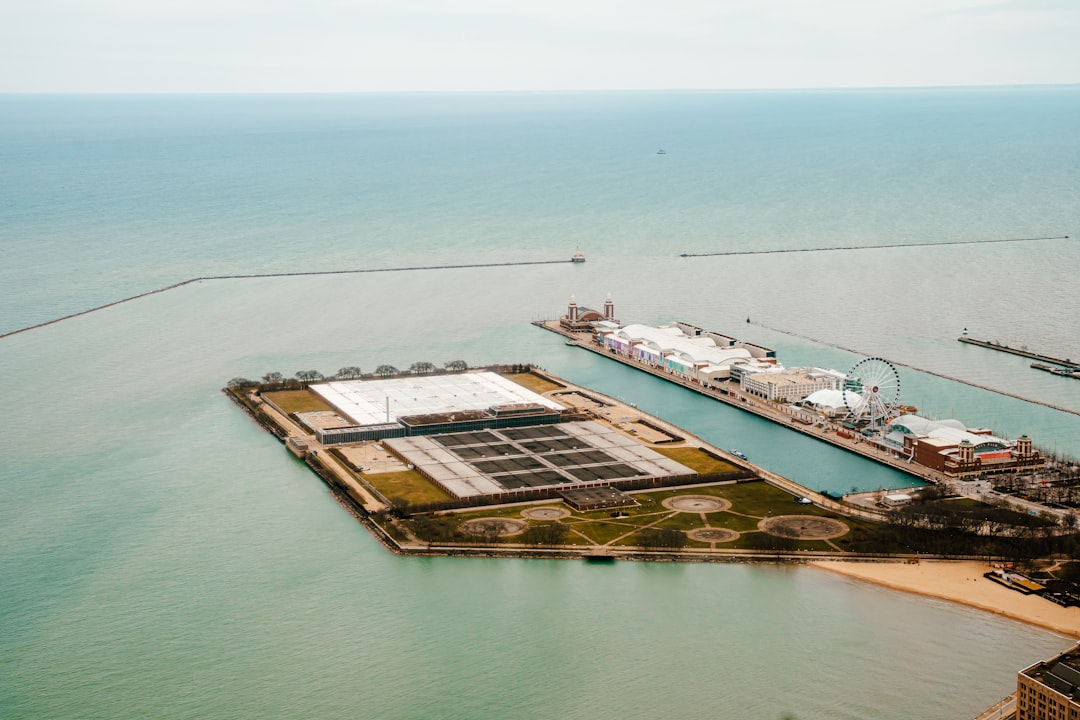
In many cases, survey calls are allowed under Do Not Call laws, but there are specific exemptions and restrictions that must be followed. These rules vary by state, including Illinois, where a lawyer specializing in Do Not Call Laws can provide guidance. Businesses conducting surveys often fall under the category of “political organizations” or “non-profit organizations,” which may have legal protections for making non-commercial calls. However, even with these exemptions, there are strict guidelines regarding the content and timing of the calls to ensure they do not constitute harassment or invasion of privacy.
To comply with Illinois’ Do Not Call laws, survey calls should be limited to specific purposes, such as market research or product testing, and must obtain prior consent from the recipients. Calls should also avoid certain behaviors like automated dialing, prerecorded messages, or making calls after 9 p.m. and before 8 a.m., unless the caller has an emergency or legitimate business need. Engaging with a lawyer for Do Not Call Laws in Illinois can help ensure that survey calls are conducted legally, respecting the rights of residents while facilitating valuable market insights.
Navigating Peoria's Local Regulations: Do They Differ from State Guidelines?

Peoria, like many cities in Illinois, has its own set of local regulations regarding telemarketing and consumer protection, which can differ from state-wide Do Not Call laws. These local rules are designed to offer additional safeguards for residents who have registered on the statewide Do Not Call list. It’s essential for businesses and survey organizations to understand these nuances to ensure they comply with both state and local guidelines.
Navigating Peoria’s Local Regulations involves researching specific ordinances that might restrict or regulate survey calls. Some cities have more stringent rules, allowing only certain types of calls from approved organizations. For instance, a lawyer specializing in Do Not Call Laws in Illinois can guide businesses on how to navigate these regulations, ensuring they respect resident choices and avoid potential penalties for non-compliance. This is particularly important when conducting surveys, as even legitimate research calls must adhere to strict do-not-call lists to protect consumers’ privacy and opt-out rights.
When to Consult a Lawyer for Do Not Call Law Issues in Illinois
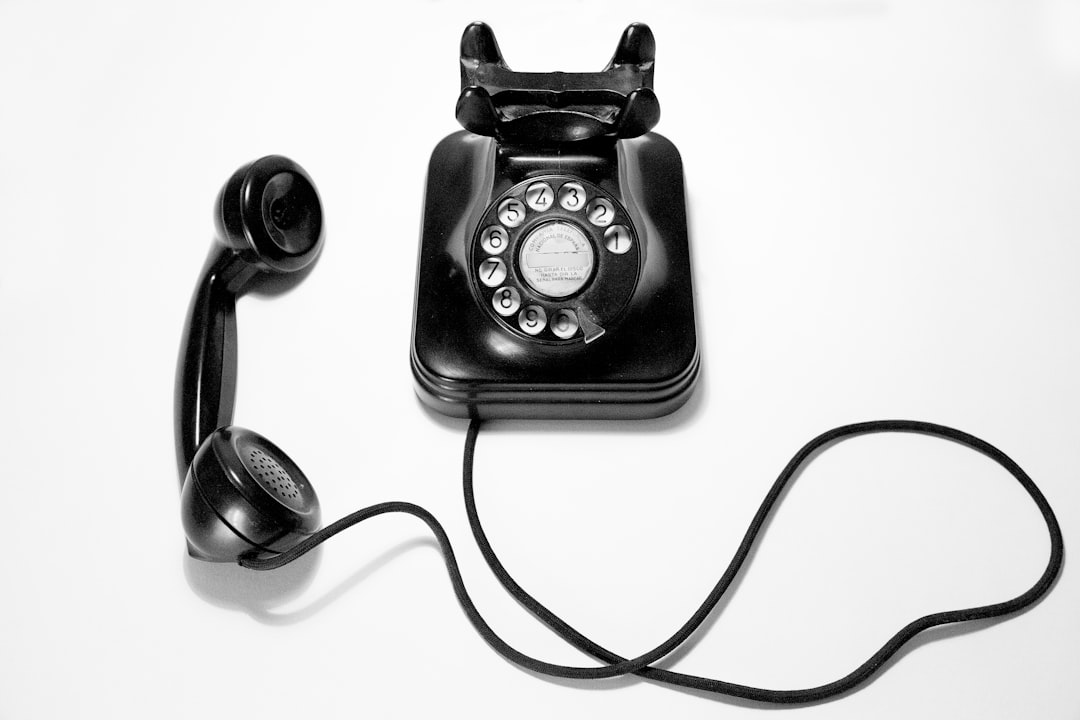
If you’re dealing with persistent survey calls in violation of Illinois’ Do Not Call laws, consulting a lawyer is a crucial step to protect your rights. These laws are designed to safeguard residents from unwanted telemarketing and sales calls, ensuring they can enjoy peace and quiet in their homes. If you’ve marked yourself on the “Do Not Call” registry and still receive such calls, it’s a clear breach of these regulations.
Engaging a lawyer specializing in Do Not Call laws in Illinois can provide several benefits. They can offer expert advice tailored to your situation, helping you understand your legal options and rights. A lawyer can also take the necessary steps to stop the calls, including sending cease-and-desist letters or filing official complaints with relevant authorities. This proactive approach ensures that not only are the calls halted but also that the offenders face consequences for their actions.


